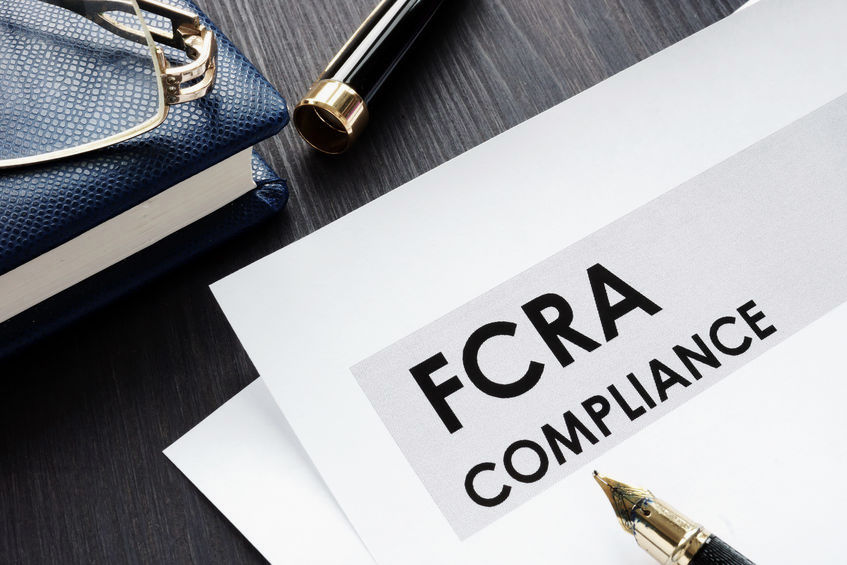You’ve probably heard of Equifax, Experian, and TransUnion, which are different credit bureau agencies that keep credit reports on file for every person with a social security number. Credit report files contain information about a person’s financial debt, including account numbers for current and past debts, loan types and terms and payment history. When a person defaults on loan payments, the creditor may decide to send a report of the late payment(s) to the credit bureaus so that it will be reflected in the customer’s credit file.
Can a Private Party Report to a Credit Bureau?
Money lent to you by a friend or family member that you have not paid back is highly unlikely to ruin your credit score. Similarly, money you may owe to a landlord is highly unlikely to ruin your credit score. Reporting information to the credit bureaus requires a person to have an account with at least one of the bureaus. A person who has informally loaned money, is unlikely to have such an account. Additionally, such person would also need the appropriate software required to electronically submit the data to the credit bureaus. Finally, there are fees involved to become a credit bureau’s client, and a lot of times, the price it takes to report someone is not worth it. On the other hand, there are certain peer-to-peer sites, which work with banks to fund loans from institutional investors and other individuals to their users that can hurt a person’s credit if they fail to pay someone back. It is important to be mindful of timely paying back any loans you inquire from the peer-to-peer websites. Finally, it is important to note that although a private party may not report you to a credit bureau which affects your credit score, they may still open a lawsuit against you for money owed to them, which can be a costly turn of events.
Can Small Businesses Report a Debt to a Credit Bureau?
It’s definitely frustrating when you do not receive payment for services rendered or products sold. Small business owners may reach out to one of the credit bureau agencies and report their client’s actions. First, you need to be a apply to be a member of the proper credit agency. You must also pay any fees the agency requires. Additionally, you will be required to have the appropriate software necessary to electronically submit the data to the bureaus and follow its credit-reporting guidelines. Each agency has its own set of guidelines, but generally only significant debt that has been past due for at least 90 days should be reported. It is important to note that reporting a small debt may not be worth it if you spend more money than what you would ultimately collect.
Does a Creditor have to Report to Credit Bureaus?
Payment information in your credit reports can significantly impact your credit score. Creditors are not required by law to report anything to credit bureaus, although many businesses choose to report on-time payments, late payments, purchases, loan terms, credit limits and balances owed. However, if you feel that there is information missing from your credit report, such as payment information, you should investigate the problem because missing payments can hurt your credit score.
What can You do if You are Wrongly Reported to a Credit Bureau?
If you see an error on a credit report, you should immediately address the issue to correct the problem. Errors on credit reports can lead to a lower credit score which can impact your ability to open a new credit account or get a loan. If you are in this situation, you should first dispute the inaccuracy with the credit bureau, which you can do electronically. Then you should contact the company or organization that that provided the information to the credit bureau. Both the credit bureau and the organization are responsible for fixing the issue under the Fair Credit Reporting Act. Next, wait up to after 30 days for the credit bureau and/or organization to investigate and respond to the dispute. After you receive the results of the investigation, you may have to provide copies (do not send originals) of the documents supporting your position.


